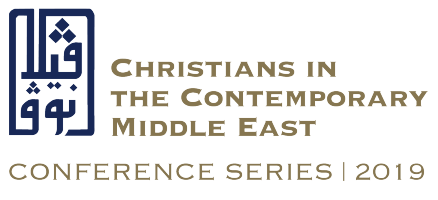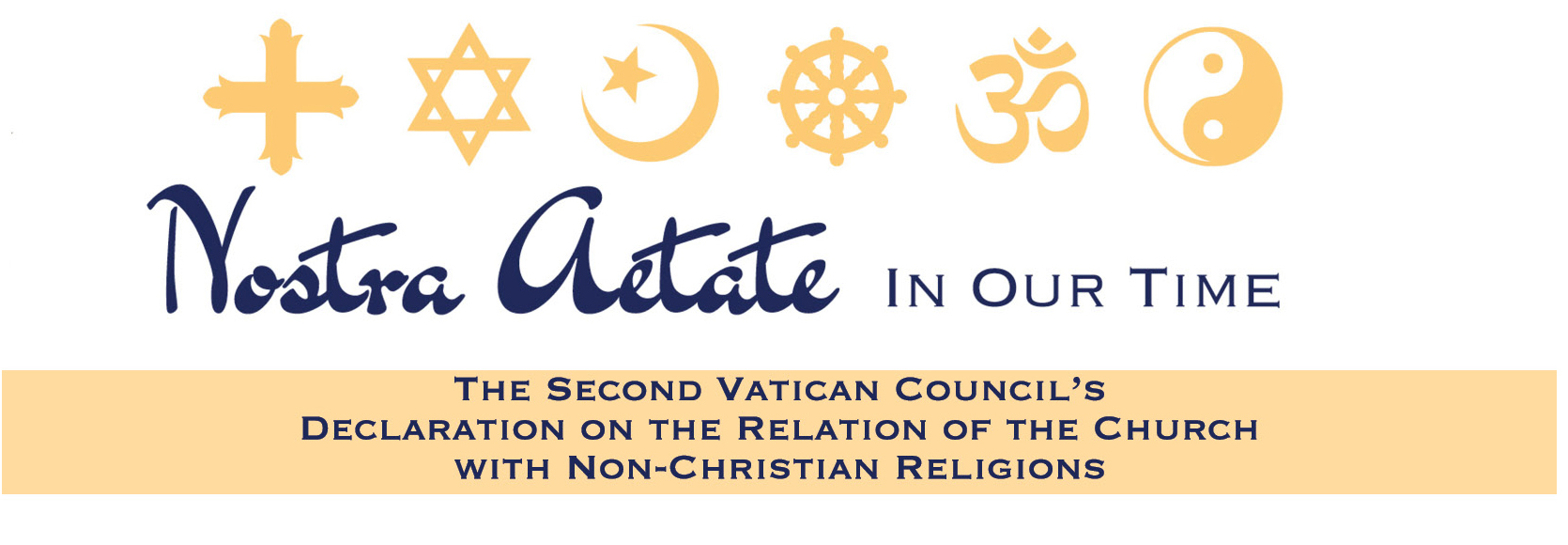Nostra Aetate (In Our Time)
NOVEMBER 7–9, 2019
VILLANOVA UNIVERSITY, CONNELLY CENTER
INTRODUCTION
Nostra Aetate (In Our Time), the Latin name by which The Second Vatican Council’s Declaration on the Relation of the Church to Non-Christian Religions is known, formalized an expanded attitude of dialogue and respect toward the major non-Christian religions of the world: Judaism, Islam, Hinduism and Buddhism. Since its promulgation on October 25, 1965, Nostra Aetate has evolved as a result of geopolitical conflicts, which find relations between the various religions and cultures at the axial point of current events. Pope Benedict XVI called the declaration “the Magna Carta of interreligious dialogue.” The goals of the Nostra Aetate conference are to explore the ramifications of this vital document, enrich the dialogue, contribute to the scholarship and assess its influence in the modern world. The text of the declaration may be found on the Vatican website.
Of the sixteen documents produced by the Council, Nostra Aetate is the briefest. Yet it generated passionate discussions, both of a theological and political nature, and generated intense world-wide newspaper coverage. The document included statements on Catholic-Jewish relations, the condemnation of anti-Semitism, and endeavored to address anti-Jewish manifestations in Christian history that helped give rise to Nazism and the Holocaust. As the document developed, it was expanded to clarify ideas on the Church’s respect for the spiritual, moral, and cultural values of Islam, Hinduism and Buddhism.
Nostra Aetate stated, “In her task of promoting unity and love among men, indeed among nations, [the Catholic Church] considers above all in this declaration what men have in common and what draws them to fellowship.” The declaration affirmed that “The Catholic Church rejects nothing which is true and holy in these religions,” but rather looks “with sincere respect upon those ways of conduct and of life, those rules and teachings, which, though differing in many particulars from what she holds and sets forth, nevertheless often reflect a ray of that Truth which enlightens all men.”
The recent Document on Human Fraternity for World Peace and Living Together, signed in Abu Dhabi on February 4, 2019 by Pope Francis and the Grand Imam of Al-Azhar University in Cairo, Ahmad el-Tayeb, reflects the continuing promise and progress of interreligious dialogue, especially with Muslims. This declaration called for “the leaders of the world, as well as the architects of international policy and world economy, to work strenuously to spread the culture of tolerance and of living together in peace; to intervene at the earliest opportunity to stop the shedding of innocent blood and bring an end to wars, conflicts, environmental decay and the moral and cultural decline that the world is presently experiencing.”
This declaration is a striking example of the call articulated by Nostra Aetate regarding the Church’s relationship not only to Islam, but also to other religions: “This sacred synod urges all to forget the past and to work sincerely for mutual understanding and to preserve as well as to promote together for the benefit of all mankind social justice and moral welfare, as well as peace and freedom.”
Sponsored by:
Villanova University
Co-Sponsored by:
Center for Arab and Islamic Studies, Villanova University
Journal of South Asian and Middle Eastern Studies, Villanova University
The Office for Mission and Ministry at Villanova University
The Department of Theology and Religious Studies at Villanova University





